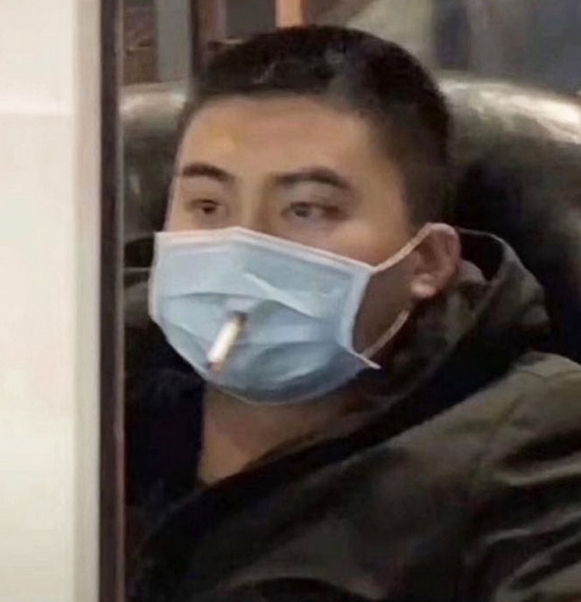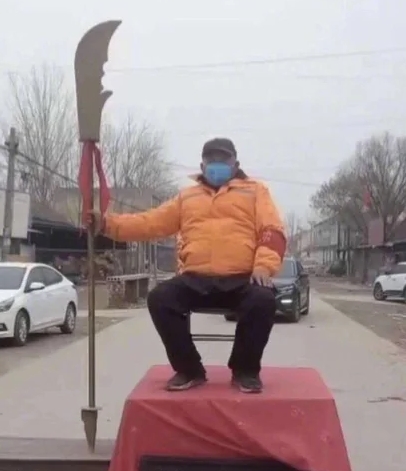Knee injury to brain injury, a new kind of blood cell, finding humor in coronavirus, and more
29 Jan 2020
Posted by Andrew Kantor
Could lithium prevent dementia?
Very — and we stress this: very — preliminary research seems to show that tiny doses of lithium might prevent and even reverse Alzheimer’s, at least in rats.
[L]ithium in doses up to 400 times lower than what is currently being prescribed for mood disorders is capable of both halting signs of advanced Alzheimer’s pathology such as amyloid plaques and of recovering lost cognitive abilities.
Who’s the best pharmacist you’ve ever seen?
The deadline for submitting someone for a 2020 GPhA award is coming up fast — you only have until February 1.
Did you forget what the awards are?
- The Distinguished Young Pharmacist Award
- The Excellence in Innovation Award
- The Larry Braden Meritorious Service Award
- The Bowl of Hygeia
They’ll be presented at the 2020 Georgia Pharmacy Convention in Asheville, N.C., so get your nominations in!
Learn more about them and nominate a pharmacist on our awards page at GPhA.org/awards. Tick tock….
Hurt your knee, hurt your brain
Tearing your ACL — rather, having it repaired — can cause changes to your brain that make it likely you’ll tear it again. After reconstruction (University of Michigan researchers found), the brain narrows the corticospinal tract, allowing less information to get to the muscles. That means reduced function even if it’s not consciously obvious.
“We think that this is a protective mechanism, in which our body is trying to limit unwanted movement around a joint injury … and can be applied to not just ACL injuries, but other musculoskeletal injuries as well.”
He’s beside himself
Dr. Harri Hemilä at the University of Helsinki really likes to research zinc and the common cold. It’s just that the conclusions keep changing.
2011: “Zinc Lozenges May Shorten the Duration of Colds”
2017: “Common cold duration is shortened similarly by zinc acetate and zinc gluconate lozenges”
2020: “Zinc lozenges did not shorten the duration of colds”
Bad news for City Mouse
Country Mouse — living away from major roads — has a lower risk of dementia, Parkinson’s disease, Alzheimer’s disease, and multiple sclerosis. Air pollution: Bad. Green spaces: Good.
For non-Alzheimer’s dementia and Parkinson’s disease specifically, living near major roads or a highway was associated with 14 per cent and seven per cent increased risk of both conditions, respectively.
You would think we knew what was in there by now
Researchers at France’s Montpellier Cancer Research Institute have identified a completely new component of blood: mitochondria. Specifically, “highly stable structures containing whole mitochondrial genomes.”
[T]he researchers hypothesize that these circulating mitochondria could be implicated in many physiological and/or pathological processes requiring communication between the cells (such as the mechanisms of inflammation). Indeed, recent studies have demonstrated the ability of certain cells to transfer mitochondria between themselves, such as the stem cells with damaged cells.
Apocalypse Watch
- You can now track the spread of the Wuhan coronavirus (“Wu Flu”?) in real time.
- What’s up with a vaccine? It’s in the works, but only in the movies can it be done overnight.
Currently, we lack virus isolates – or samples of the virus – to test the vaccines against. We also lack antibodies to make sure the vaccine is in good shape. We need the virus in order to test if the immune response induced by the vaccine works. Also, we need to establish what animals to test the vaccine on. That potentially could include mice and nonhuman primates. Vaccine development will likely take months.
- Georgia’s Department of Public Health is on the case.
But at least some folks are taking it with good humor….





